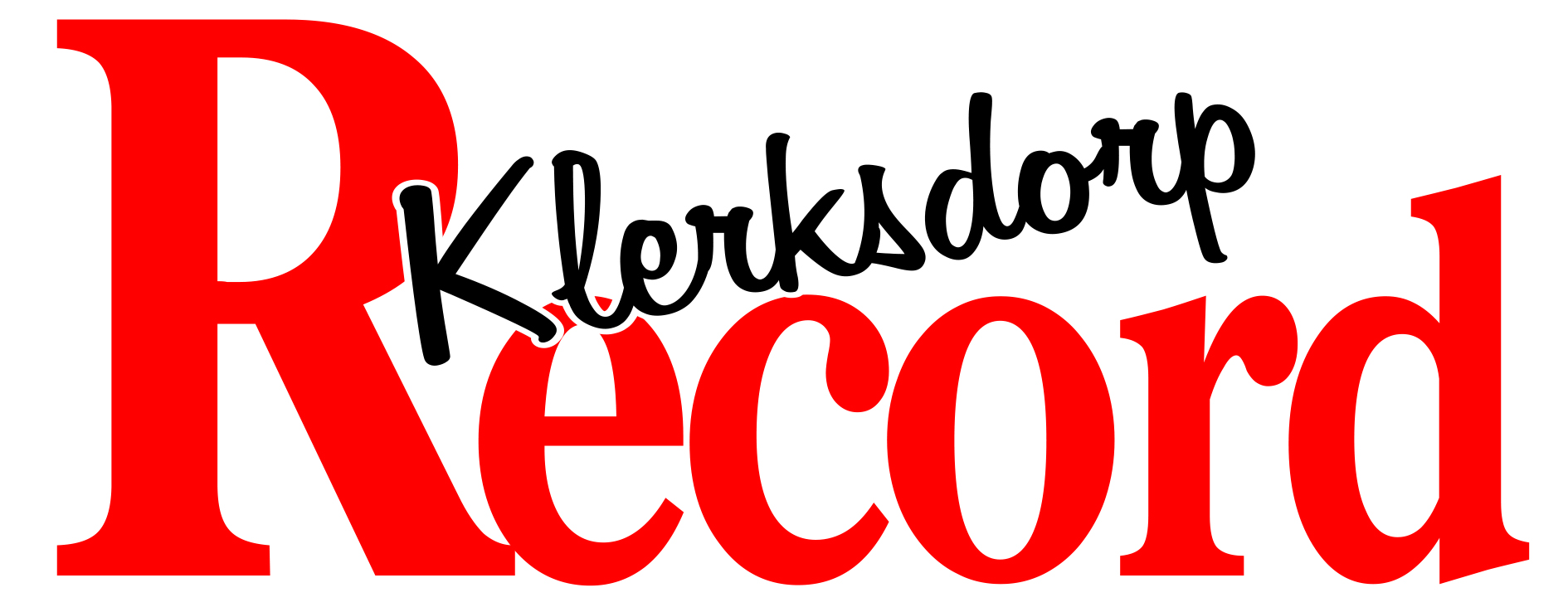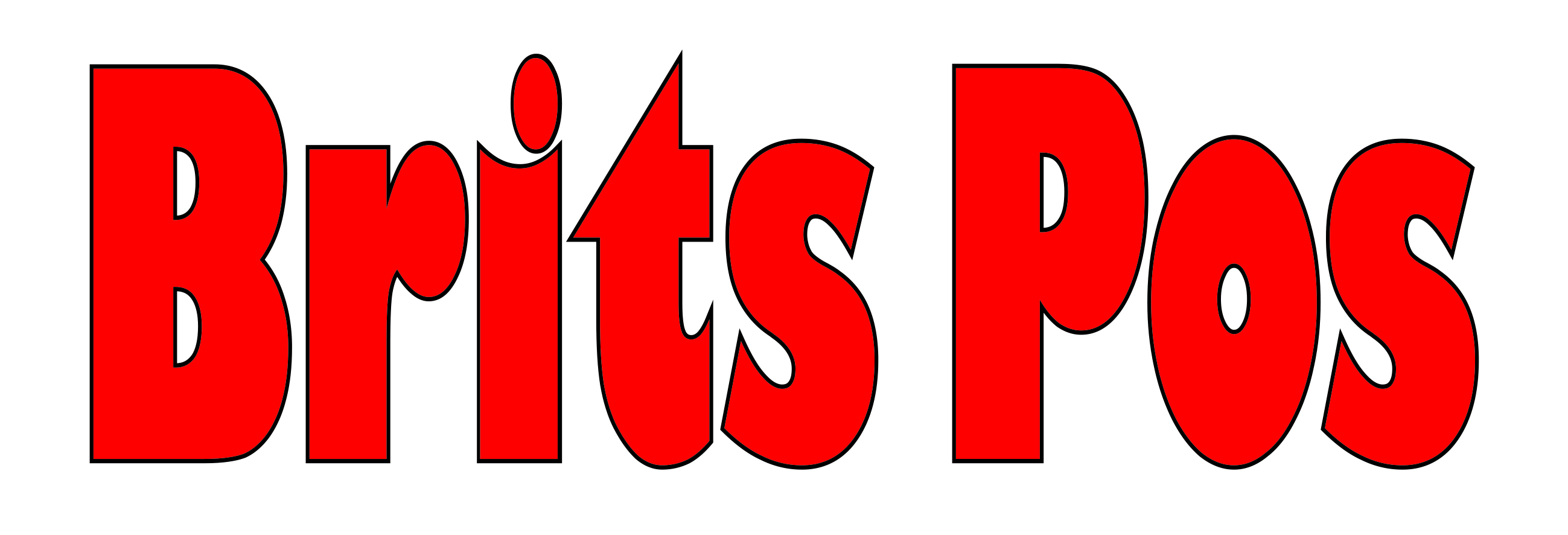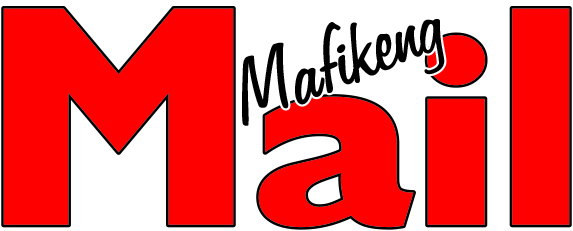RUSTENBURG HERALD - RUSTENBURG - Members of the public were invited last week Tuesday and Wednesday by the Municipal Demarcation Board (MDB), in collaboration with the Office of the Speaker of Rustenburg Local Municipality to attend public participation sessions at the Rustenburg Civic Centre.
The purpose was to engage residents from all 45 wards on proposed changes to municipal ward delimitations ahead of the 2026 Local Government Elections.
According to Lebogang Sekoboane, Spokesperson in the Office of the Speaker, the sessions were "aimed to inform the community about potential changes such as the redrawing of ward boundaries, mergers, and adjustments to municipal borders. These changes are intended to improve governance, ensure equitable representation, and enhance service delivery."
Some of meetings were originally scheduled to take place in the early or late afternoon, but due to the unavailability of the MDB, the meetings were rescheduled to take place in the late morning - which caused an outcry from many residents who were unable to attend, due to work commitments.
According to Nelio Nhacuangue, DA Councillor, "The Board emphasised that demarcation is their constitutional mandate. While this process has traditionally been conducted independently, municipalities are now included in the early stages, this time due to previous concerns about lack of consultation."
As such, "community members were given an opportunity to raise concerns, make submissions, and provide input on the proposed boundary changes," said the Office of the Speaker. "This inclusive approach ensures that residents have a say in decisions that will directly impact their wards and voting processes. Notably, changes in elec-toral boundaries may affect ward configurations and voting stations, making community feedback vital to shaping a transparent and fair electoral landscape."
However, according to Councillor Nhacuangue, comments made during the meeting that took place on Wednesday affirmed that, "Although Councillors and municipalities are welcome to submit proposals, the Board made it clear that final decisions rest with them, and it is unlikely that all submissions will be accepted."
The meeting also highlighted certain key technical voter thresholds. According to the breakdown, 27 wards in Rustenburg are compliant with the voter range, but 18 wards are non-compliant, which translates to them either exceeding or falling short of the required voter numbers.
As indicated by the Board, according to the 2026 draft data (based on 2021 figures) the norm is an average of 6 598 voters per ward. The maximum number of voters allowed is 7 702 and the minimum is 5 694.
"The Board stressed the importance of community involvement in guiding how ward boundaries should be adjusted to ensure compliance. This is a critical moment for public participation," commented Cllr Nhacuangue.
The Speaker’s Office extended its appreciation to all residents who attended and participated, reaffirming its commitment to keeping the community informed and involved in local government matters.
Objection process
Objection forms can be downloaded from the Municipal Demarcation Board’s website: https://bit.ly/demarcationrtb. After the draft boundaries are published in the Provincial Gazette, a 30-day window will open for the public to submit objections.









